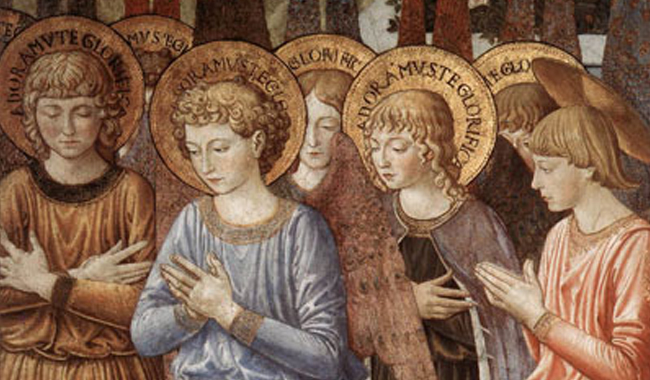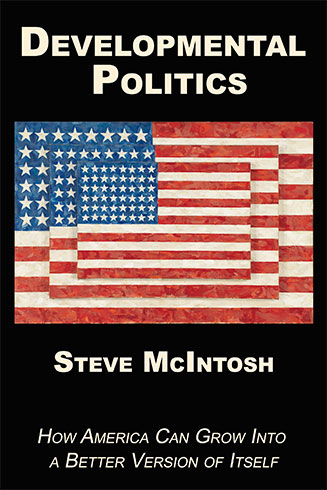Let’s Respond to Trump with a Politics of Virtue
 The following blog is reposted from my blog on the Institute for Cultural Evolution’s website:
The following blog is reposted from my blog on the Institute for Cultural Evolution’s website:
The election of Donald Trump is dreadful, literally. I dread what his administration will bring, especially his vow to retreat from our national responsibility to mitigate global warming. Yet as the coming consequences of his political victory begin to sink in, the best possible opening move in our opposition will be a noble response to this ignoble turn of events. In other words, the most effective way to counter Trumpism will be found in an authentically virtuous posture that expresses faith, hope and love.
By electing a dangerous and disqualified demagogue our fellow citizens have sent a clear message to the rest of us that they feel excluded from the American dream. Our countrymen are hurting and they need our help. The most virtuous response thus involves showing that we do in fact care about the demoralized and dispossessed white working class. And the best way to demonstrate this care is to show good faith and a willingness to accept and work with their chosen representative, at least here at the beginning of the fight.
Even with all branches of the government now in Republican hands, liberals and progressives still retain the power of public opinion, which can be stronger than a congressional majority. But the power of our opposing collective voices will be politically ineffective over the next two years if our primary response is self-righteous anger and an attitude of condescending superiority. Indeed, the left’s smug assumption of moral superiority is a big part of what caused the cultural alienation that has resulted in Trump’s election.
This new political emergency accordingly calls on us to rise to a higher level of discourse by adopting a virtuous stance that signals our intention to be more compassionate and inclusive. Since the 1960s American society has achieved significant moral progress by better including and integrating minorities, women, and others who have been historically marginalized. Yet this positive spirit of greater inclusivity has regrettably (and perhaps inevitably) resulted in a politics of identity that has created new forms of exclusion. The white male workers who elected Trump have not only been excluded from the economic progress brought about by globalization, they have also been excluded from the social progress that has brought cultural dignity to minorities and women.
Therefore, the most virtuous response will involve acknowledging that their problems are our problems, and that we are in this together. Liberals and progressives can thus respond positively to Trump by taking up the cause of rehabilitating America’s working class, not only economically, but also culturally. And this must begin by humbly admitting that our progressive social vision needs to be refined and improved so that those who have been left behind can now be reincluded within our circle of care.
The most positive way to view this crisis is to see it as a test. Those of us who believe that progressivism is the most moral form of politics now have an opportunity to demonstrate this conviction by adopting an unexpectedly gracious position that expresses our inclusive and compassionate virtues. President Obama has exemplified such a stance by saying that he is actually rooting for Trump—acknowledging that there are in fact areas where Trump can do some good, such as by rebuilding our national infrastructure. Through his willingness to “root for Trump,” Obama virtuously expressed love for the Americans who see Trump as their savior. We can therefore follow Obama’s lead not only by showing love for those we disagree with, but also by expressing faith in our constitutional system of government, and hope for continued long-term progress, even in the face of this short-term setback.
Admittedly, a significant part of Trumpism involves forms of bigotry and ugliness that we must never countenance. But the best way to counter a politics of hate is with a politics of virtue. It is thus by vowing to consistently express the virtues of faith, hope and love in the context of our opposition that we can, in time, reclaim the power that will lead to further progress.





